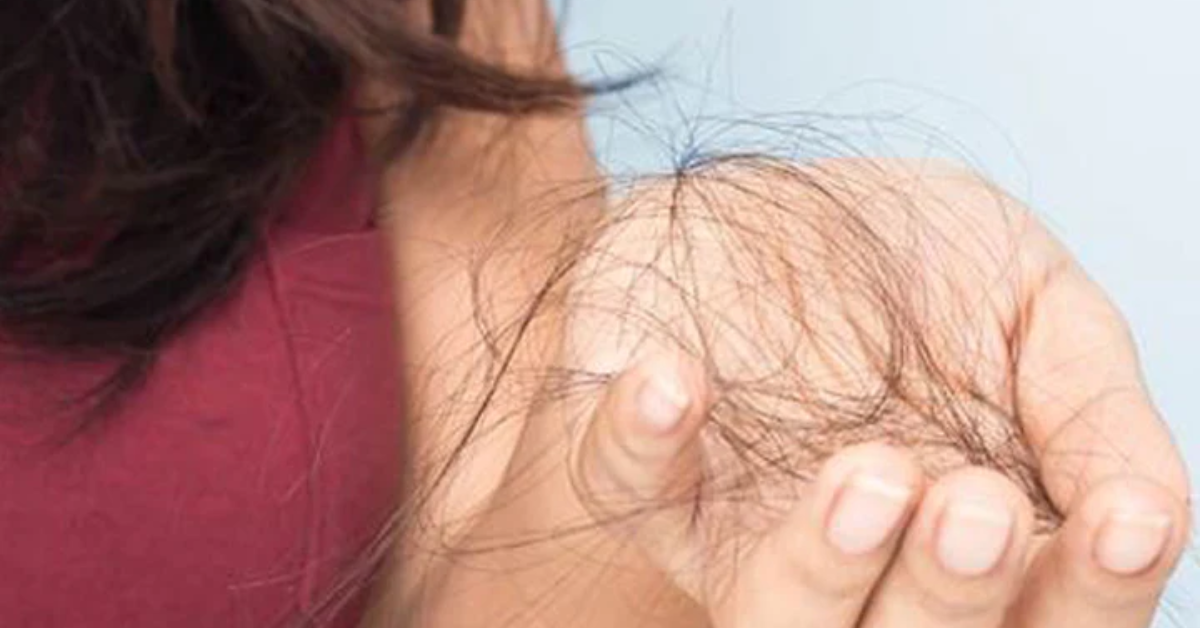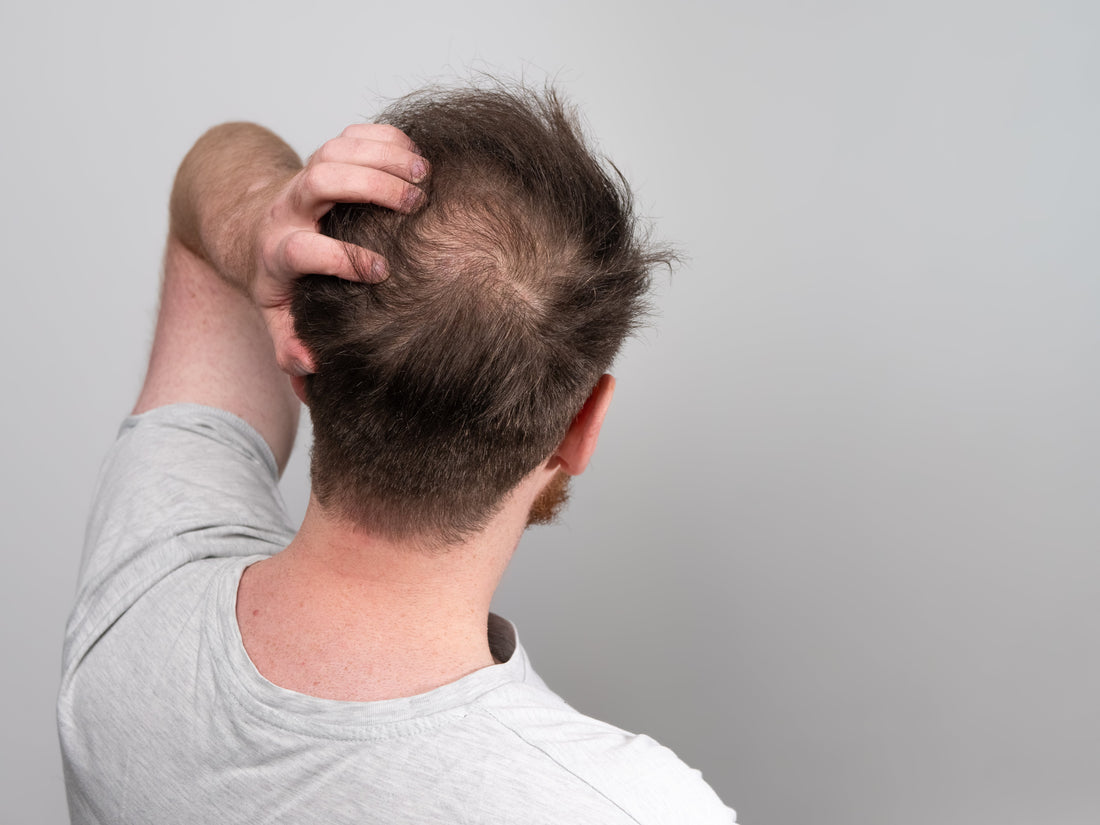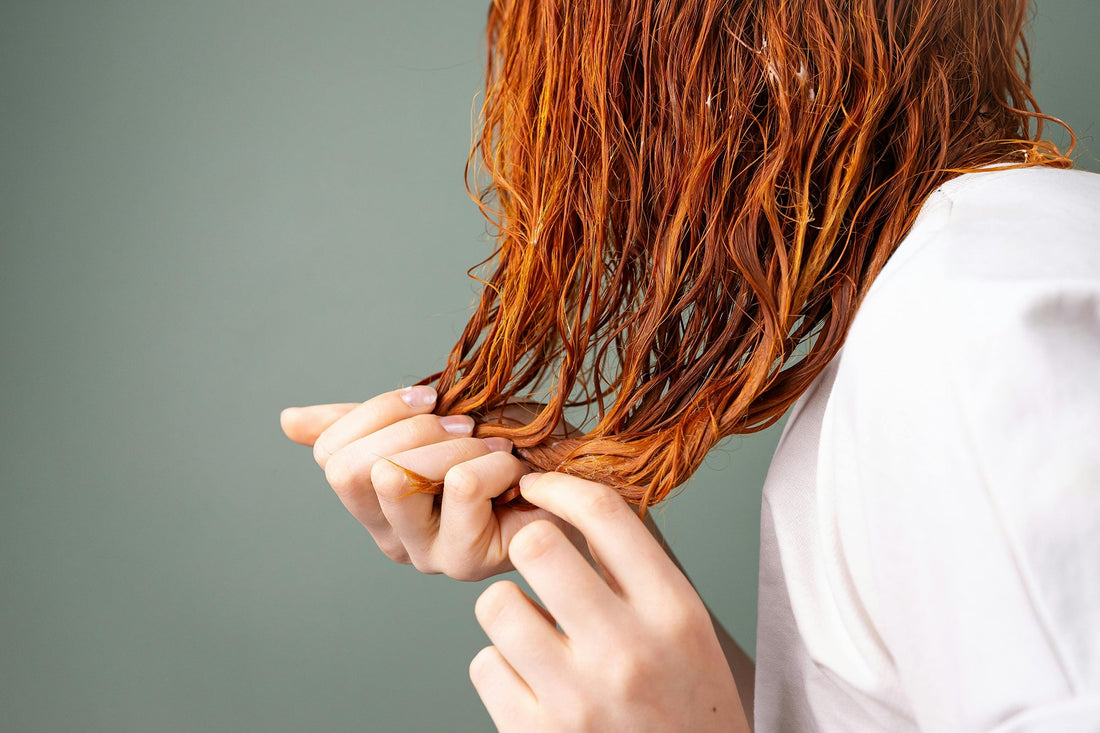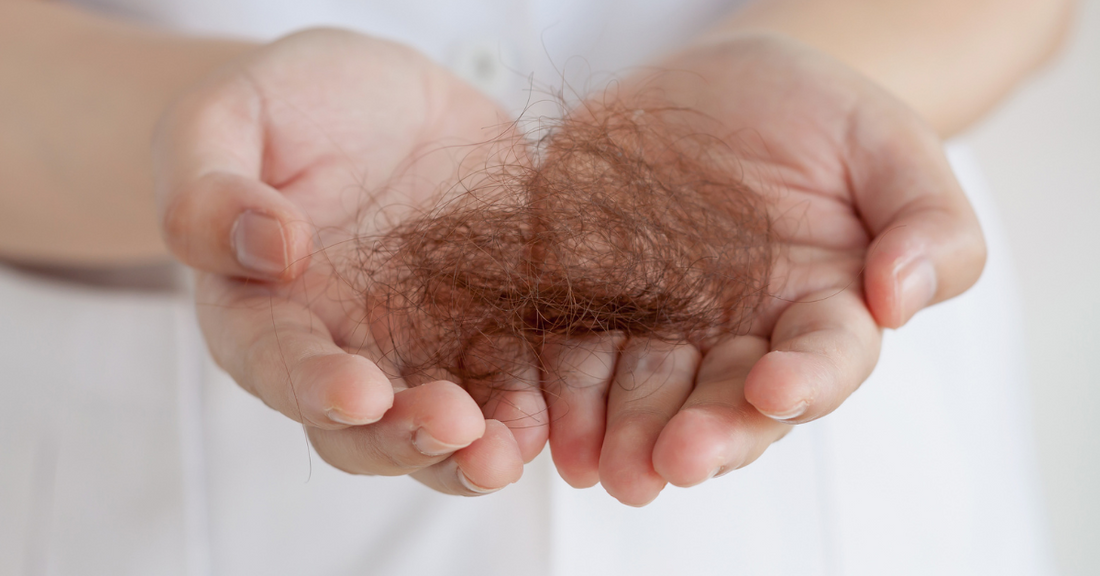Hair loss is extremely common, but not for the reasons most people think.
According to a recent survey by the International Society of Hair Restoration Surgery (available at http://www.statisticbrain.com/hair-loss-statistics/), approximately 35 million men in the United States suffer some type of hair loss, and while approximately 21 million women are affected by hair loss.
With approximately 320 million people in the U.S., and at least 20% of them under the age of 30 in 2014, that means that over 1 in 5 Americans are losing their hair, with men representing a higher percentage of hair loss sufferers.
The likelihood that men suffer hair loss significantly increases with age. By the age of 35, approximately 40 percent of men are suffering from visible hair loss, while by the age of 60, this percentage jumps to 65. That means that almost half of men, by their late-40s or early-50s, are suffering from noticeable hair loss.
Surprisingly, the numbers for women are even higher. A different survey suggests that by age 40, approximately 40 percent of women suffer from hair loss. By age 60, approximately 80 percent of women suffer some degree of noticeable hair loss.
Unfortunately, there are "hair loss myths" that cause people to make drastic changes to their lifestyles or do weird, expensive and ineffective things to either stop or reverse it. Knowing the truth about why people lose hair can help you realize what does and doesn’t affect your hair’s condition.
Myth: You inherit hair loss from your mother’s side.
Truth: Some hair loss (not all) is inherited, but not only from your mother’s side. Anyone in your family (mom or dad’s side) can pass along hair loss genes. If you have ‘inherited’ hair loss, it could be from a combination of your parent’s genes. It’s often when the genes ‘comingle’ that hair loss gets passed down.
Most people don’t inherit hair loss, though. Instead, they may be predisposed to hair thinning, but other reasons, including health issues, cause also lead to hair loss or thinning.
Myth: Wearing a hat causes hair loss.
Wearing a hat, even often, doesn’t increase the risk of hair loss. Many people believe that hats suffocate the hair, causing hair loss, which again isn’t true. Dr. John Anthony of Cleveland Clinic did say ‘very tight’ hats can restrict blood flow to the hair follicles, which ‘may’ play a role in hair loss, but most hats aren’t the reason men or women have receding hairlines. Dr. Anthony also said if a tight hat caused some hair loss, it’s usually temporary, unlike male pattern baldness.
Myth: Too Much testosterone causes hair loss.
Truth: This theory doesn’t make much sense if you think about it. Young men in their 20s and 30s usually have a full head of hair AND the highest testosterone levels. Hormone levels drop as you age, and men usually don’t lose their hair until they are older. The relationship between testosterone and hair loss doesn’t exist.
Myth: Shampooing causes hair loss.
Truth: Washing your hair doesn’t cause hair loss, but it might make you aware of the hair that fell out already. On average, every person loses 100 hairs a day, but most people just don’t realize it. When you wash your hair, though, you rigorously move your hair around and run your fingers through it.
When you remove your hands from your scalp, you may have loose hair on your fingers or the shower floor. It wasn’t the shampoo that caused the hair to come out, though. The hairs were already "programmed" to shed that day based upon the hair cycle and shampooing just released them.
Myth: What you eat doesn’t affect your hair’s health.
Truth: Your diet plays only a small role in your hair’s health. If you don’t get enough vitamins, especially vitamin D, and B12, it could lead to telogen effluvium which is excessive hair loss. Fortunately, it’s reversible and isn’t permanent. With the help of your doctor or dermatologist, you can figure out what vitamins you lack and which foods to eat or supplements to take to build your body’s levels back up.
Myth: The sun can cause hair loss.
Truth: While sunlight isn’t good for your hair, just like it’s not good for your skin, it’s not the direct cause of hair loss. It may damage your hair, causing breakage, dry hair, and even damage your hair’s cuticles. It can also cause thinning hair to move through the hair cycle faster, speeding up hair loss, but it’s not the direct reason you lose it.
Myth: Coloring your hair causes hair loss.
Truth: Coloring your hair isn’t good for it, and it may cause some strands of hair to break or even die, but it’s not the reason people experience male or female pattern hair loss. Any hair you lose due to coloring is temporary and is generally due to it becoming so dry that it breaks and falls out.
If you experience hair loss from coloring your hair, it’s not permanent and can be prevented.
Myth: Not Washing your hair causes it to fall out.
Truth: Shampooing your hair (particularly with shampoo that contains sulfates or parabens) can make your hair drier than necessary. But, when you skip a few days, it’s normal to find more strands of hair on the shower floor or in your hands. Because everyone loses approximately 100 strands of hair a day, you have a few days’ worth stored up in your hair if you don’t wash it. As soon as you run your hands through it, you shake those strands loose, which makes it look like you’re losing hair because you didn’t wash it.
Myth: Only men lose their hair.
Truth: Men and women lose hair, it just may look different. Men usually have a receding hairline, or that’s when they first notice their hair loss. Women tend to have a broadening part, rather than a receding hairline. Women don’t notice hair loss as quickly because it’s hidden in the part line, whereas with men it’s more noticeable right at the front of their head.
Myth: Only ‘old’ people lose hair.
Truth: Hair loss doesn’t discriminate against age. Unfortunately, it is common for men to start losing hair after puberty and women commonly experience hair loss or shedding after childbirth. And, approximately 40% of men and women by the age of 35 will experience noticeable hair loss due to genetics. Additionally, if you have a vitamin deficiency, take certain medications, or have a sudden change in hormone levels, you could lose your hair at any age.
Take Care of your Hair
The true way to fight hair loss is to take care of your hair, consult a doctor when something doesn’t seem right, and use products supported by real science to promote the continuing of thicker, fuller and healthier hair.
Don’t fall for the myths, but if you notice excessive hair loss (coming out in clumps, not strands), check with your doctor to determine if you have an underlying condition. Many reasons for hair loss are temporary and reversible if you take the right steps.







